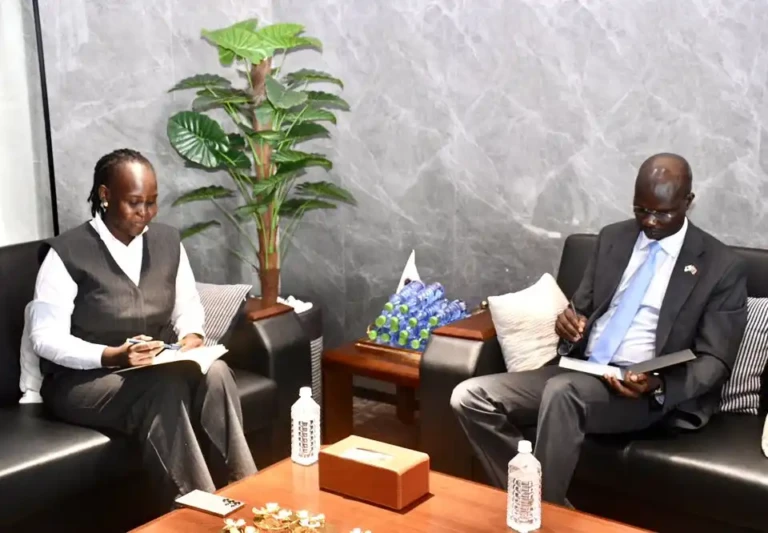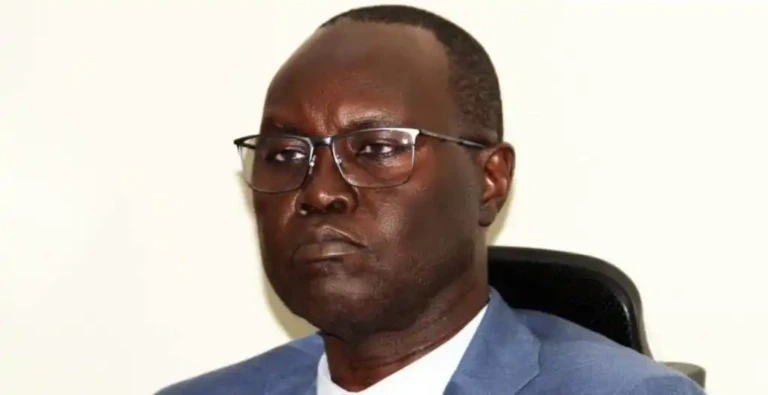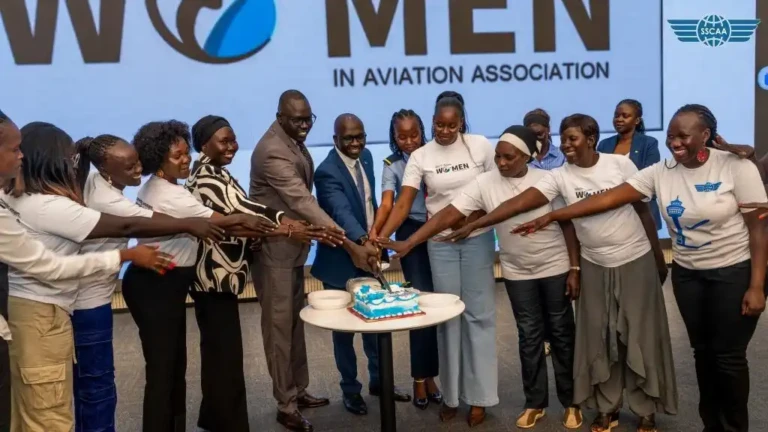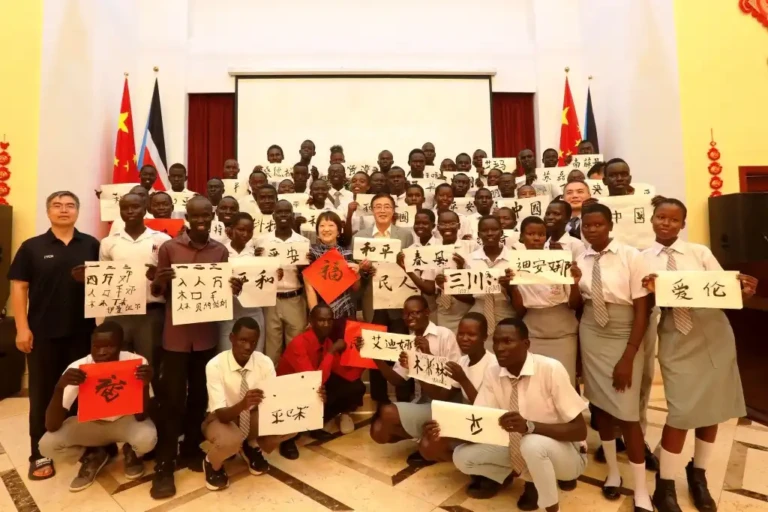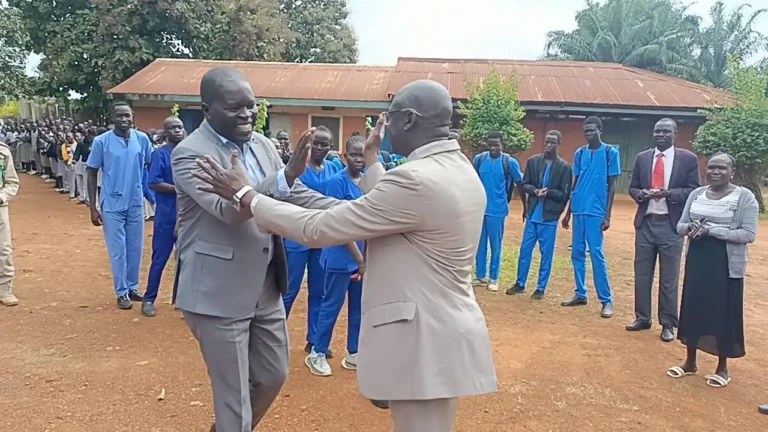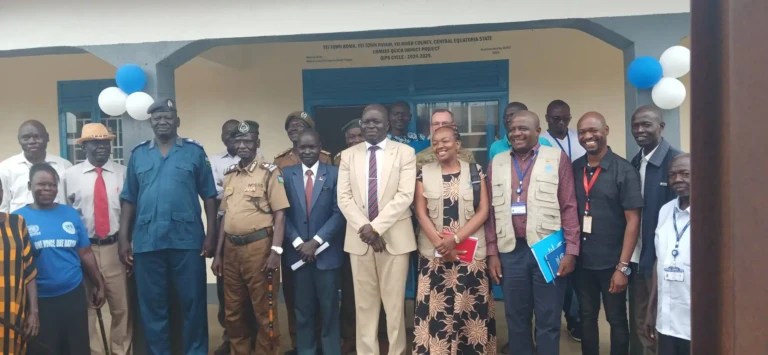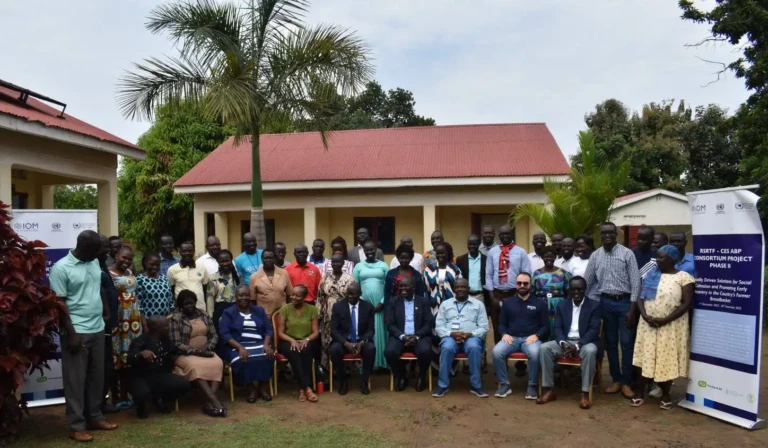
PHOTO CREDIT: The National Mine Action Authority (NMAA)
(JUBA) – The National Mine Action Authority (NMAA) of South Sudan has launched a new Gender Equality and Diversity Policy and Action Plan (2025 to 2030), aiming to promote greater inclusion and fairness in the country’s mine action sector.
The announcement was made in Juba on Thursday, in collaboration with the Geneva International Centre for Humanitarian Demining (GICHD) and other partners.
The policy is intended to guide all stakeholders involved in mine clearance, risk education and victim assistance activities throughout the country.
It seeks to ensure that all aspects of mine action work actively reflect gender balance, equitable participation and diverse representation at all levels.
Speaking during the launch, NMAA Chairperson Jurkuch Barach Jurkuch said the plan will serve as a national guide to make mine action more inclusive.
He called on partners and stakeholders in the humanitarian demining community to support the full implementation of the policy, stressing that participation and commitment from all actors would be critical to its success.
Jurkuch noted that the policy does not only serve symbolic purposes but aims to ensure that real opportunities exist for women and underrepresented groups in a sector that has traditionally lacked gender balance.
He added that involving women more meaningfully in mine action will strengthen the overall effectiveness and community relevance of clearance efforts.
The Gender and Diversity Action Plan outlines key objectives to be achieved over the next five years:
| Objective | Purpose |
|---|---|
| Increase female participation | Improve gender representation in demining teams |
| Mainstream gender in programme planning | Ensure inclusive decision making and budgeting |
| Build local capacity | Train women and marginalised groups for technical and leadership roles |
| Promote safe and inclusive environments | Prevent discrimination and harassment in the mine action workplace |
| Monitor and evaluate inclusivity indicators | Regularly assess progress in achieving diversity-related targets |

The policy has been developed with technical support from the GICHD and in consultation with national and international partners, civil society, and communities affected by landmines and explosive remnants of war.
Mine contamination remains a serious issue in South Sudan, affecting the safety, mobility and economic livelihoods of many communities.
Officials at the launch expressed optimism that the policy will help make mine action more representative of the society it serves.
Chairperson Jurkuch reaffirmed the authority’s commitment to full inclusion and accountability and urged implementing partners, donors and field operators to align their efforts with the new policy to create a more responsive and people centred mine action sector.
Discover more from Access Radio Yei News
Subscribe to get the latest posts sent to your email.

